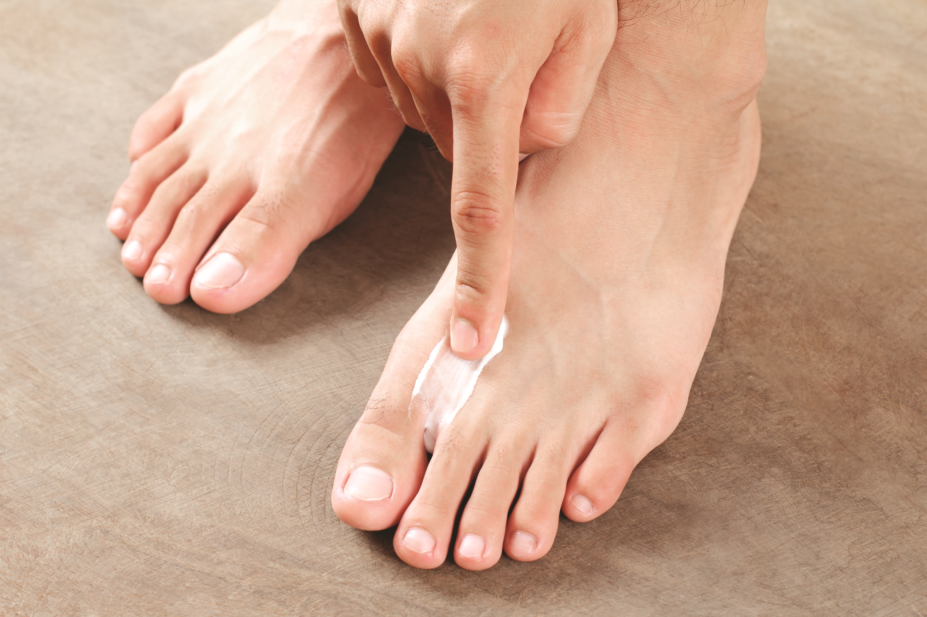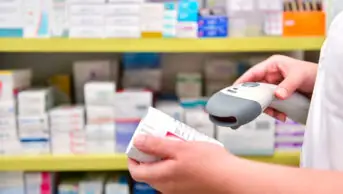
shutterstock.com
Value for money for the NHS is key to NHS England’s consultation on items that should not be routinely prescribed in primary care, the organisation representing clinical commissioning groups (CCGs) has told a webinar held as part of the consultation.
The webinar and two live meetings have been held to encourage participation in NHS England and NHS Clinical Commissioners’ national consultation ‘Items which should not routinely be prescribed in primary care’, which will close on 21 October 2017.
Speaking at the webinar on 10 October 2017, Julie Wood, chief executive of NHS Clinical Commissioners, provided an overview of the consultation and encouraged participants to put forward their views for consideration before the imminent deadline.
The consultation is seeking the views of the public, patients and professionals on proposed national guidance for CCGs on medicines which can be considered to be of low priority for NHS funding.
“It is important to get the greatest value from every NHS pound spent,” said Wood.
“Across England, there is significant variation on what is being prescribed, at what price and to whom.”
The consultation focuses on 18 specific products, including homeopathy and travel vaccinations, for which recommendations have been made on how they should be prescribed in primary care.
These include advice that the product should not be routinely prescribed but may be prescribed in certain circumstances; that CCGs should actively ‘deprescribe’ in all patients where appropriate; or that the product should be prescribed by specialist services.
A second part of the review is to seek views on the prescribing future of more than 3,200 products that cost the NHS over £645m per year and can be bought over the counter.
These products can sometimes be bought over the counter for less than the NHS would pay; are used to treat a self-limiting condition that can heal or be cured of its own accord; and are used to treat a condition that lends itself to self-care.
Examples of some of these over-the-counter medicines include antifungal creams, sunscreens and laxatives.
The Royal Pharmaceutical Society, which is on the working group for the consultation, has expressed concerns about the proposed restriction of prescribing clinically effective medicines to treat common conditions such as head lice or athlete’s foot, saying it believed this move would fundamentally alter the principle that NHS care is free at the point of delivery.
Following closure of the consultation on 21 October 2017, NHS England will feedback to CCGs, a summary of the responses received, allowing an opportunity for reflection and review. Then NHS England and NHS Clinical Commissioners will finalise the clinical commissioning guidance, which is expected to be sent out to CCGs in November 2017.
Individual CCGs can then decide whether to implement the national clinical commissioning guidance.


